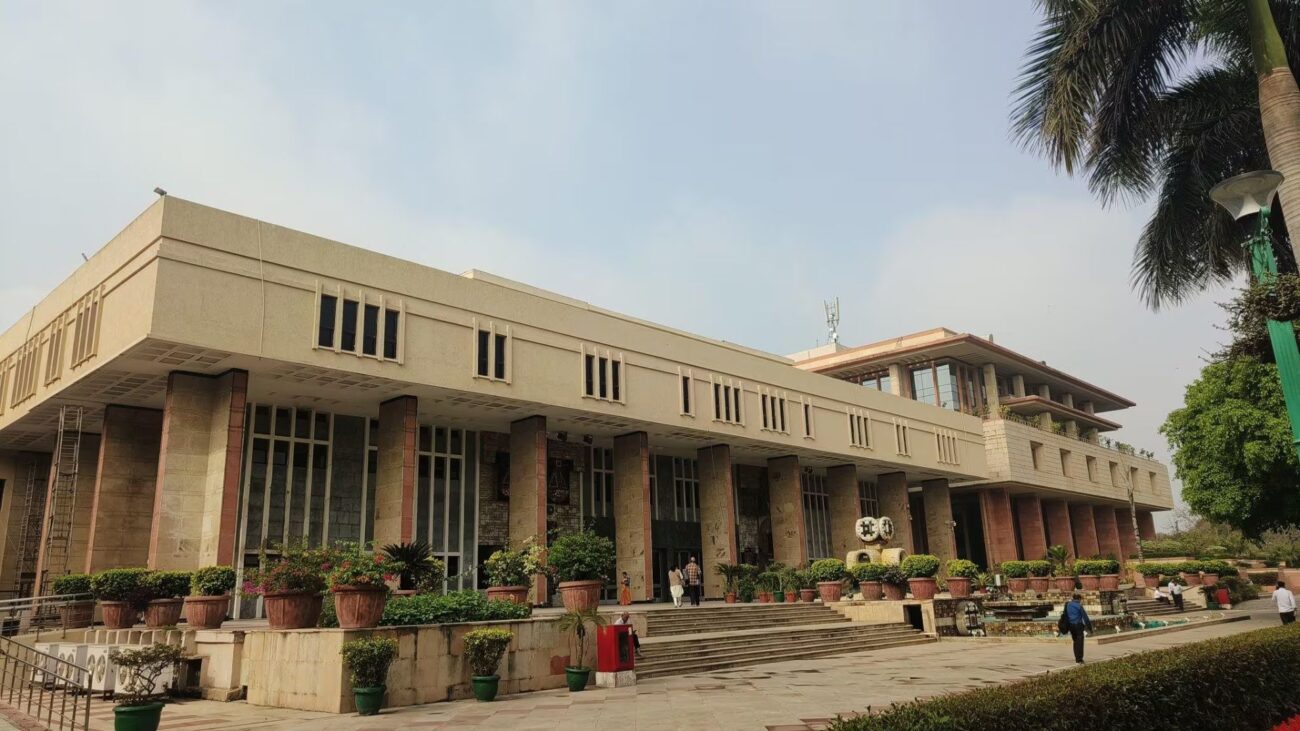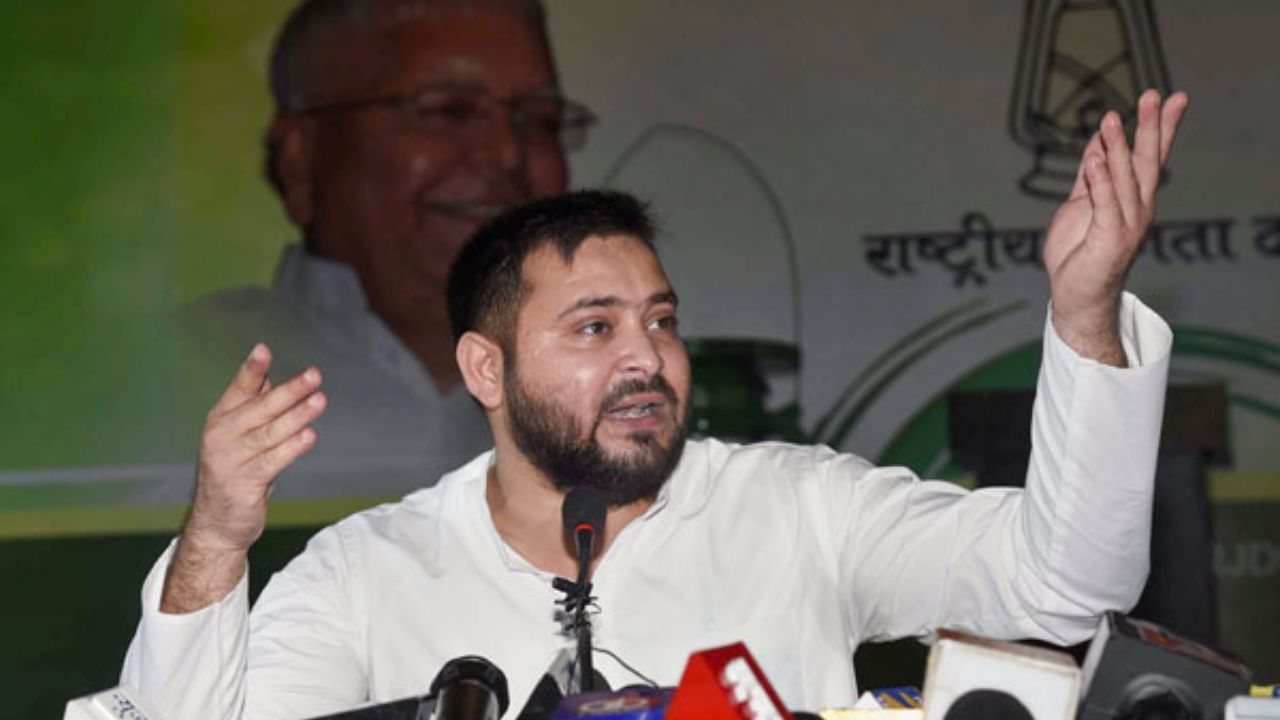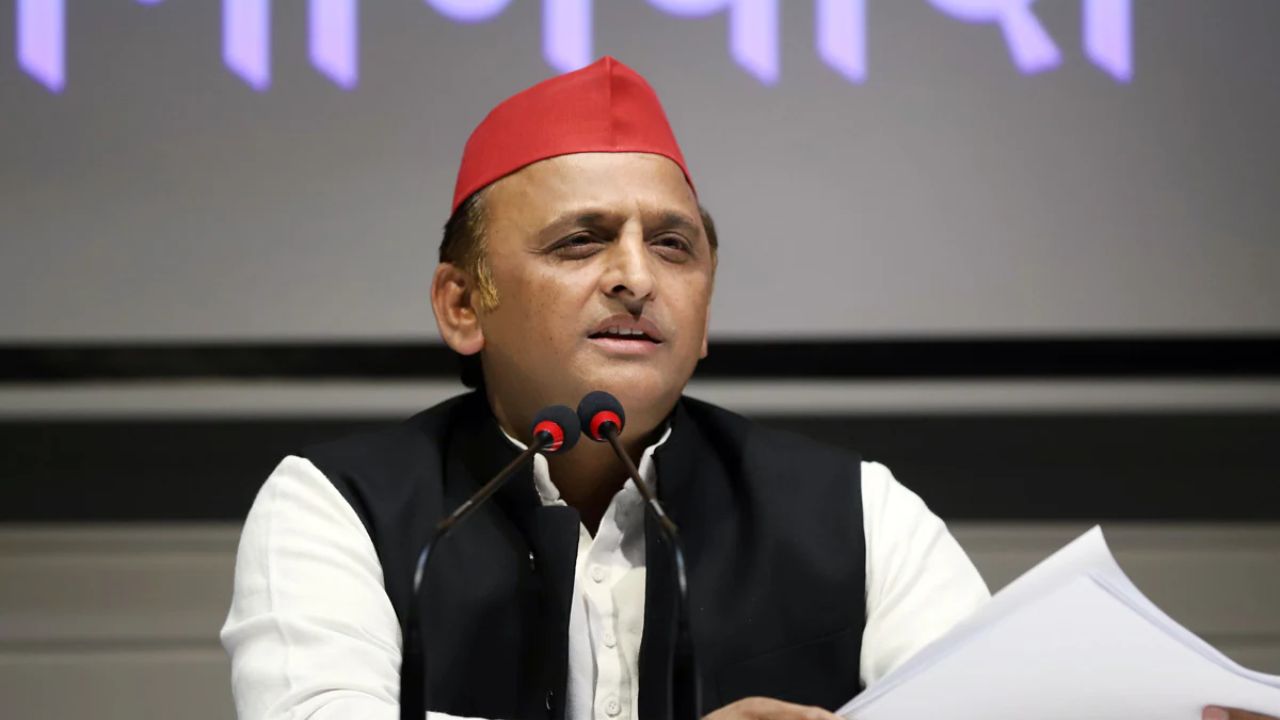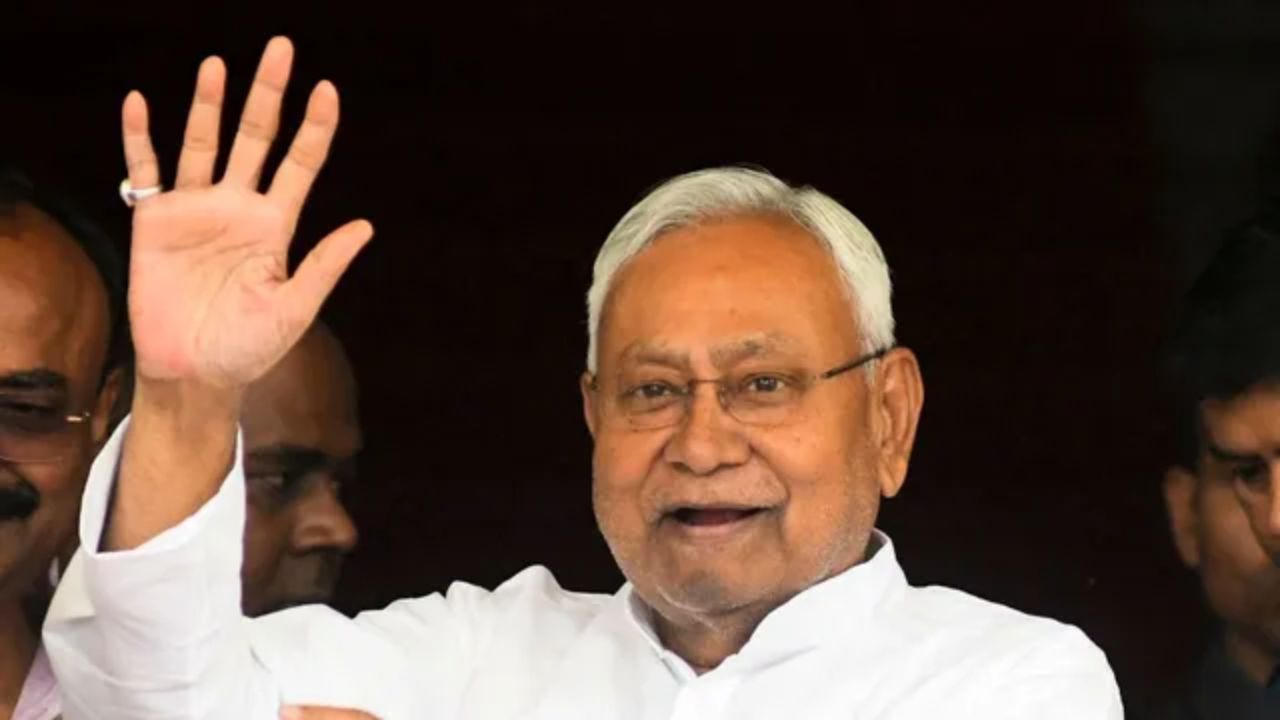Delhi High Court Dismisses Plea to De-Register AIMIM as Political Party
Delhi High Court Dismisses Petition to De-Register AIMIM as Political Party The Delhi High Court has dismissed a petition seeking to de-register the All India Majlis-e-Ittehadul Muslimeen (AIMIM) as a political party. The plea was filed

Delhi High Court Dismisses Petition to De-Register AIMIM as Political Party
The Delhi High Court has dismissed a petition seeking to de-register the All India Majlis-e-Ittehadul Muslimeen (AIMIM) as a political party. The plea was filed by Tirupati Narasimha Murari, who contended that the party’s Constitution violated the secular principles enshrined in the Indian Constitution, as it purportedly aimed to promote the interests of only the Muslim community.
In a ruling delivered on November 20, Justice Prateek Jalan found the petition lacking merit. He emphasized that the petitioner’s arguments amounted to an unwarranted interference with the fundamental right of AIMIM members to form and maintain a political party based on their own beliefs and values. The court underscored that political parties are entitled to advocate for the causes they represent, provided they comply with the Constitution’sConstitution’s requirements.
Murari had argued that AIMIM’s focus on Muslim issues was contrary to the secularism mandate of the Indian Constitution and the Representation of the People Act. However, the court dismissed this claim, affirming that AIMIM met the legal requirements stipulated under Section 29A of the Representation of the People Act. This section mandates that a political party’s Constitution must declare allegiance to the Constitution, including its commitment to secularism, socialism, and democracy.
The court highlighted that AIMIM had submitted a letter in 1989 confirming that its Constitution had been amended to comply with these requirements. The petitioner’s documents showed that AIMIM had fulfilled its constitutional obligations adequately.
Justice Jalan further observed that, in line with Supreme Court rulings, the Election Commission (ECI) does not possess the authority to review its decision to register a political party unless exceptional circumstances arise. This ruling effectively rejected the petitioner’s argument that the party’s aims and objectives should be reevaluated.
While the petitioner had requested a critical examination of the party’s Constitution, the court stated that such a request would go beyond the ECI’s jurisdiction and the framework provided under the Representation of the People Act.
The case was initially filed in 2018 when the petitioner was a member of the Shiv Sena. The court was later informed that the petitioner had since joined the Bharatiya Janata Party (BJP).





